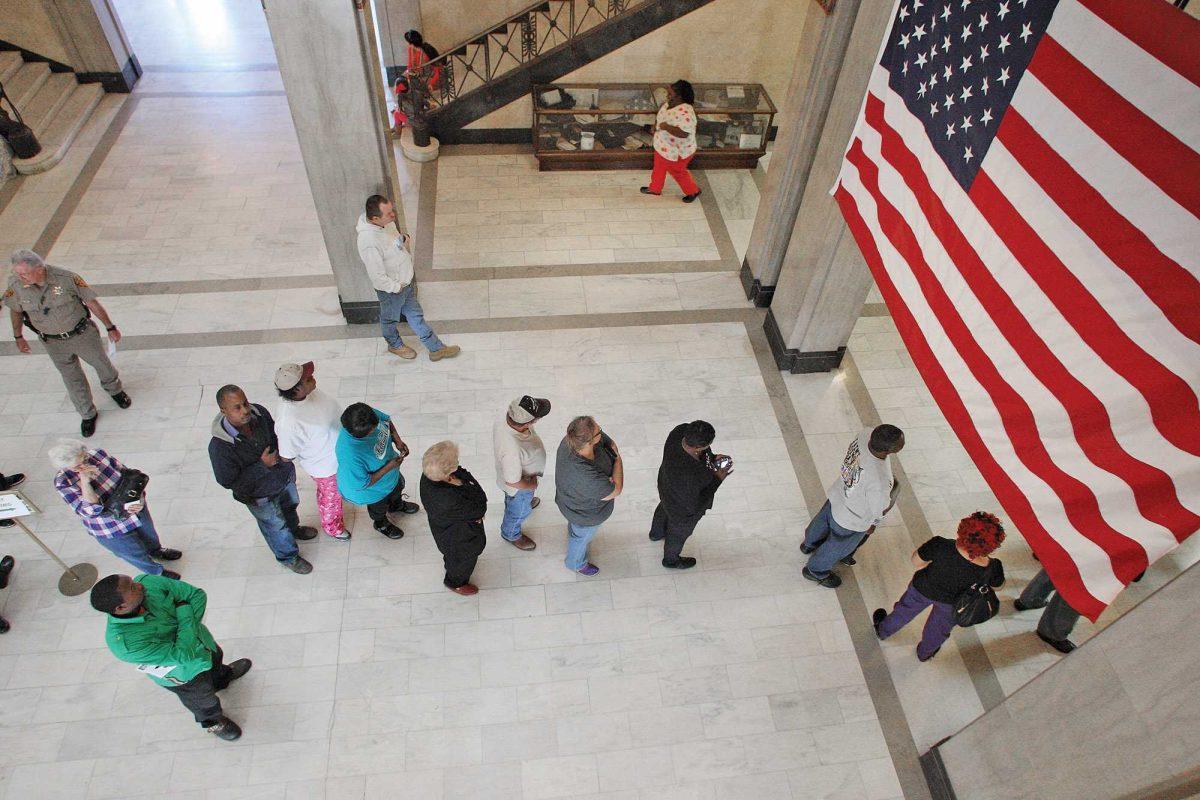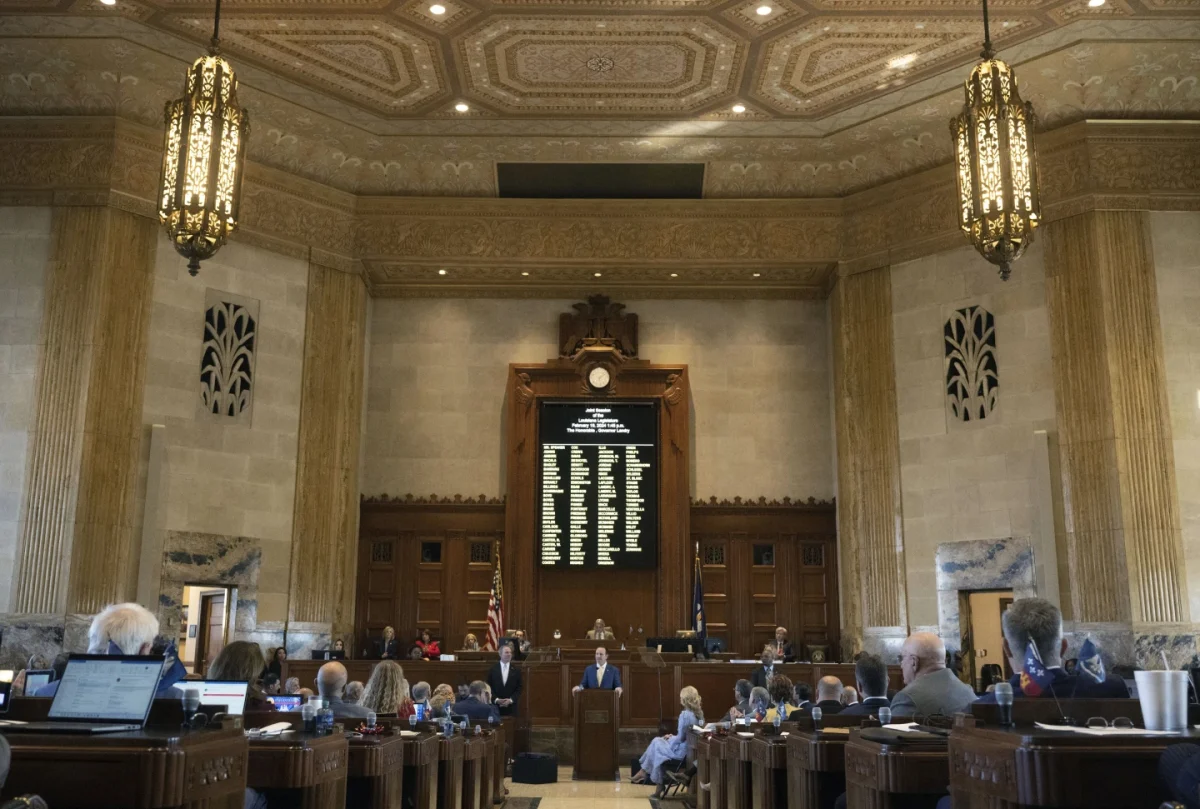American history has always been about enfranchisement. The Founding Fathers debated voting rights. In 1920, the suffrage movement won the right to vote for women. 1965 saw the passage of the Voting Rights Act, which prohibited racial discrimination in voting. Voting restrictions on poor people were removed with the elimination of poll taxes in the mid-1960s, and people from 18-21 years of age (which includes most college students) were given the right to vote in 1971. Nearly all of these changes have been in effect less than a hundred years, and most have happened in the last fifty. In short, most of us at this institution were ineligible to vote not too very long ago. Those restrictions have been lifted, so we must all participate in the electoral process. Vote today. If you are not registered in Baton Rouge, register now so you can vote in the December elections, or make sure you vote absentee in your hometown. But you must vote.
The first time I was eligible to vote was a very big deal for me as a college freshman. It was nearly impossible to express the pride felt in being able to “make a difference” by exercising my constitutional right. My thoughts went back to the many people before me who would have swelled with pride about my simple action that evening. All I had to do was drive over to the polling place, wait in line, and pull the levers. All they had to do was walk from Selma to Montgomery, be spat upon and cursed along the way, have vicious police dogs attack them, and maybe wind up in jail for their efforts. This was all done so that future generations like me might one day have the right to vote. With sacrifices like that, how could I not participate fully in the election process?
Two years later, the chance to vote in my first presidential election arrived. With the same vote-casting fervor as before, my brother Michael and I prepared to go to the polls. Yet, inexplicably, our roommates remained behind because they felt there was no need to vote. They posited that their votes “didn’t matter,” and they “wouldn’t count anyway”. How could they sit home? How could they not understand the sacrifices others had made for them to have this precious gift? We tried to reason with them. We tried to recount the historical significance, but to no avail. They refused to walk across the street to cast their ballots.
Undaunted, the Rovaris brothers took that long drive, waited nearly an hour and a half in line that night only to hear our candidate concede defeat moments before our ballots were even cast. Were the Johnson brothers right? Would our votes no longer matter? Were our votes now not going to “count anyway”? No to all three. While our candidate did not win, our votes still mattered. They still counted. How? Because we participated! Besides the other elections on the ballot, we participated in the selection of a president. We completed a significant portion of our civic duty. And if things subsequently would not turn out well, we had at least earned our right to complain. Not so for the Johnsons. A voteless people is truly a voiceless people.
Dereck J. Rovaris, Sr., Ph.D.
Vice Provost for Diversity
Letter to the Editor: A voteless people is a voiceless people
November 3, 2014
Union County residents patiently wait in line to cast their vote on the last day of early voting for the general election at the Union County Clerk in El Dorado, Ark., Monday, Nov. 3, 2014. Polls will be open from 7:30 a.m. until 7:30 p.m. today with polling sites set up throughout the county. (AP Photo/The El Dorado News-Times, Michael Orrell)
More to Discover








